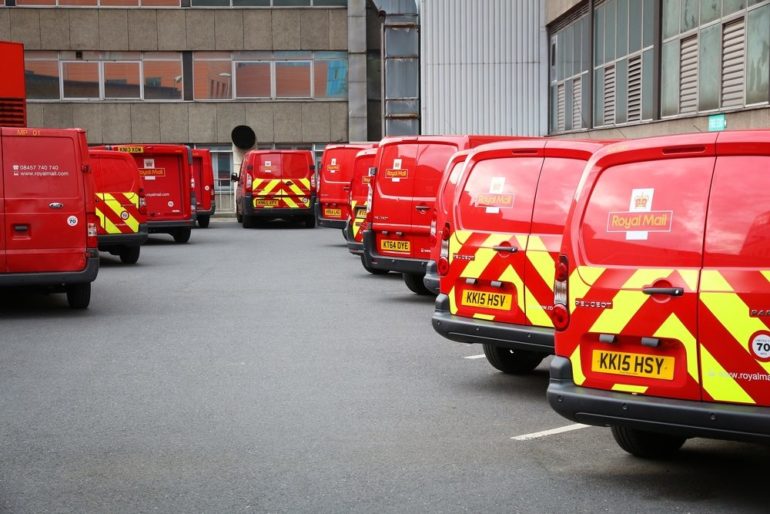Ballot papers for industrial action that could lead to the first national postal strike in more than a decade will be sent out next week.
Yesterday the Communication Workers Union formally served notice of the ballot in a row over Royal Mail’s attempts to bring in automated parcel-sorting hubs and delivery schedules — or what the union called a campaign of “management propaganda, an insulting so-called ‘pay offer’ and impositions of drastic changes without agreement”.
The result of the vote of 100,000 CWU members who work for Royal Mail is due in the middle of next month. Last week Royal Mail tried to avert a strike by offering CWU workers a 6 per cent pay rise over three years.
Royal Mail is the former state-owned postal monopoly that was floated on the stock market in 2013. It employs 143,000 people in the UK who help to deliver 13 billion letters and 1.3 billion parcels a year. It employs a further 19,000 people overseas, who work for General Logistics Systems in Europe and the United States.
Royal Mail is struggling with falling letter volumes, as people communicate via email and social media, and parcel delivery competition from the likes of Amazon. In a trading update, it said that its UK parcels and letters business could fall into the red in the next financial year.
Its shares trade at nearly half the float price of 330p six and a half years ago. Last night they closed a little off their all-time low, up 4¾p, or 2.8 per cent, at 171p.
Fundamental changes in terms and conditions have long been threatened and the present dispute represents a stand-off between the union and Rico Back, the company’s German chief executive.
Announcing its pay offer last week, Royal Mail said that the business need to go through a £1.8 billion transformation programme, including the building of three automated parcel centres. It said that it also planned to introduce a second parcel delivery in most parts of the country to take advantage of night owl internet shoppers.
Royal Mail said: “Our proposal . . . maintains our policy of no compulsory redundancies for frontline operational colleagues. We will not become a gig economy employer. We will not introduce zero hours contracts for permanent employees.”


